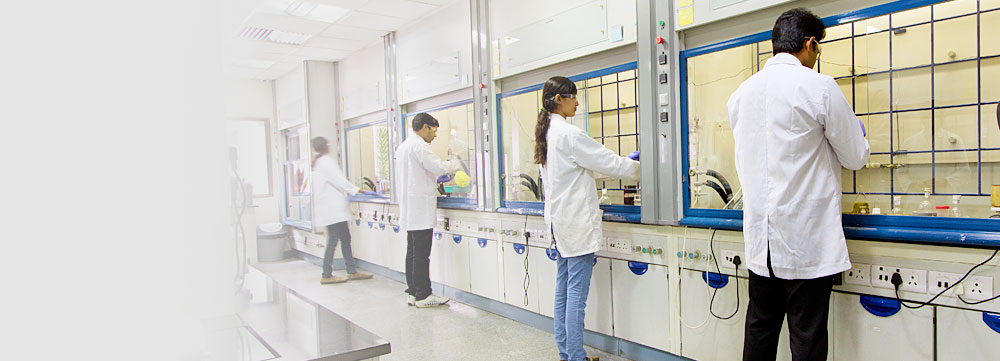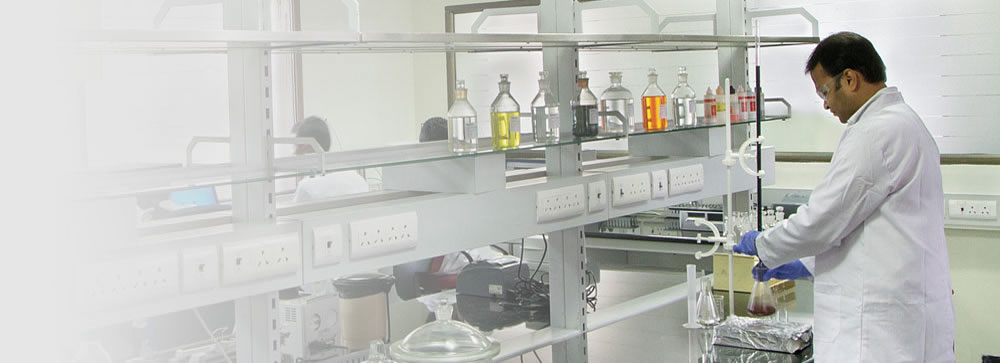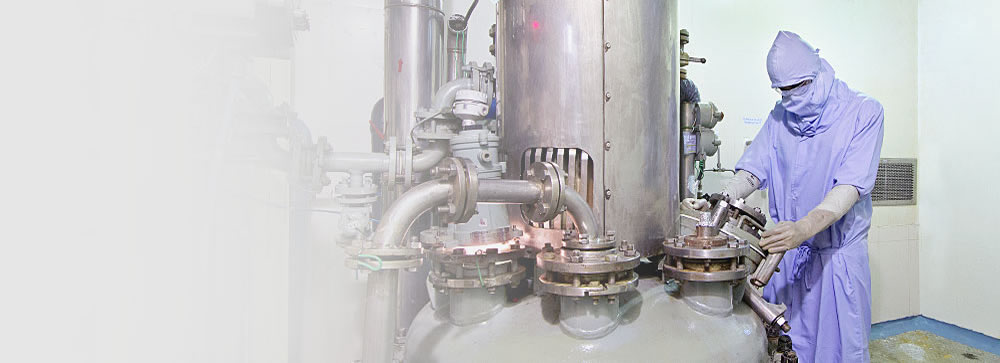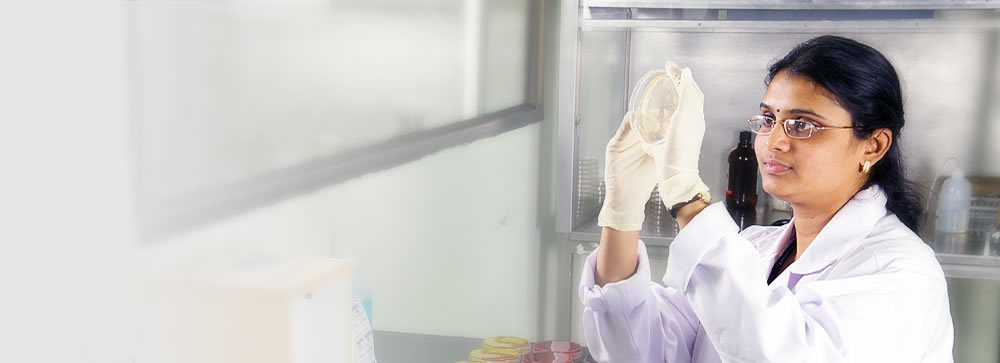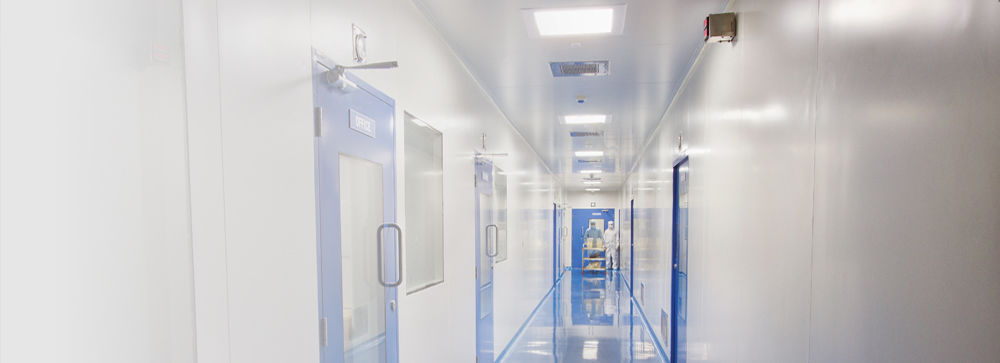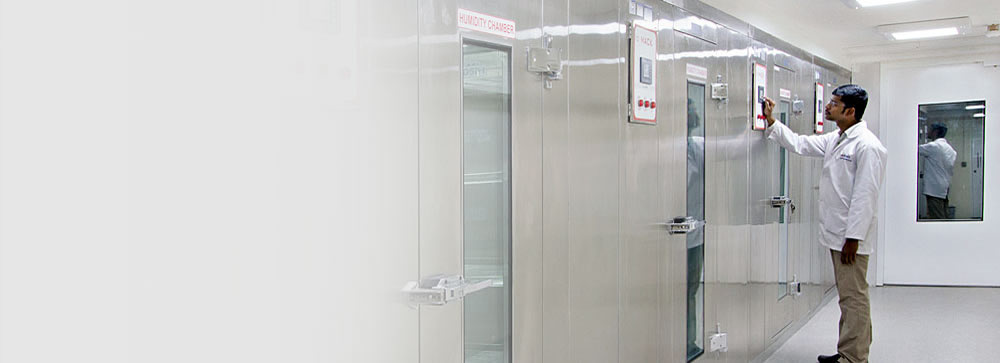Chimerism
Anthems platform for Chimerism analaysis post-Bone Marrow Transplantation.Introduction
Despite a 100% match in HLA typing (Human Leucocyte Antigen typing), a test done routinely to match blood samples of donor and recipient prior to Bone Marrow Transplantation (BMT), the chances of the graft being rejected in the patient is estimated to be around 65%. This puts the patient under enormous risk of donor bone marrow rejection and death, or requires the patient go in for another round of transplantation. This warrants the need for an effective post-BMT analysis (Chimerism analysis) wherein molecular signatures that define each individual are characterized with a degree of accuracy.
Current technologies in Chimerism analysis:
The currently used system employs only 5 biomarkers.
PCR followed by PAGE (Poly Acrylamide Gel Electrophoresis) analysis of donor and recipient DNA and identify specific repeats on the human genome called Short Tandem repeats (STR) or Variable number of tandem repeats (VNTR).
PCR followed by PAGE (Poly Acrylamide Gel Electrophoresis) analysis of donor and recipient DNA and identify specific repeats on the human genome called Short Tandem repeats (STR) or Variable number of tandem repeats (VNTR).
Disadvantages of existing technology
- 5 biomarkers often provides inconclusive data
- Data obtained by such analysis is not quantitative and diagnosis is prone to errors in interpretation
Anthem's Chimerism test
Anthem has developed a chimerism assay that involves a total of 33 biomarkers using quantitative. This assay has successfully predicted the acceptance of the graft post transplant in the recipient within 3 weeks of transplant in over a hundred patients.
The differentiators of this over existing technology are as follows:
The differentiators of this over existing technology are as follows:
- Rapid
- Highly quantitative
- Specific
- Possibly the most sensitive technologies available today
- Simple
- Extensively validated with patients samples in several hospitals
- Using this technique it has been possible to measure the extent/degree of Chimerism too apart from assessing the risk of graft rejection.
Grants & Journals

